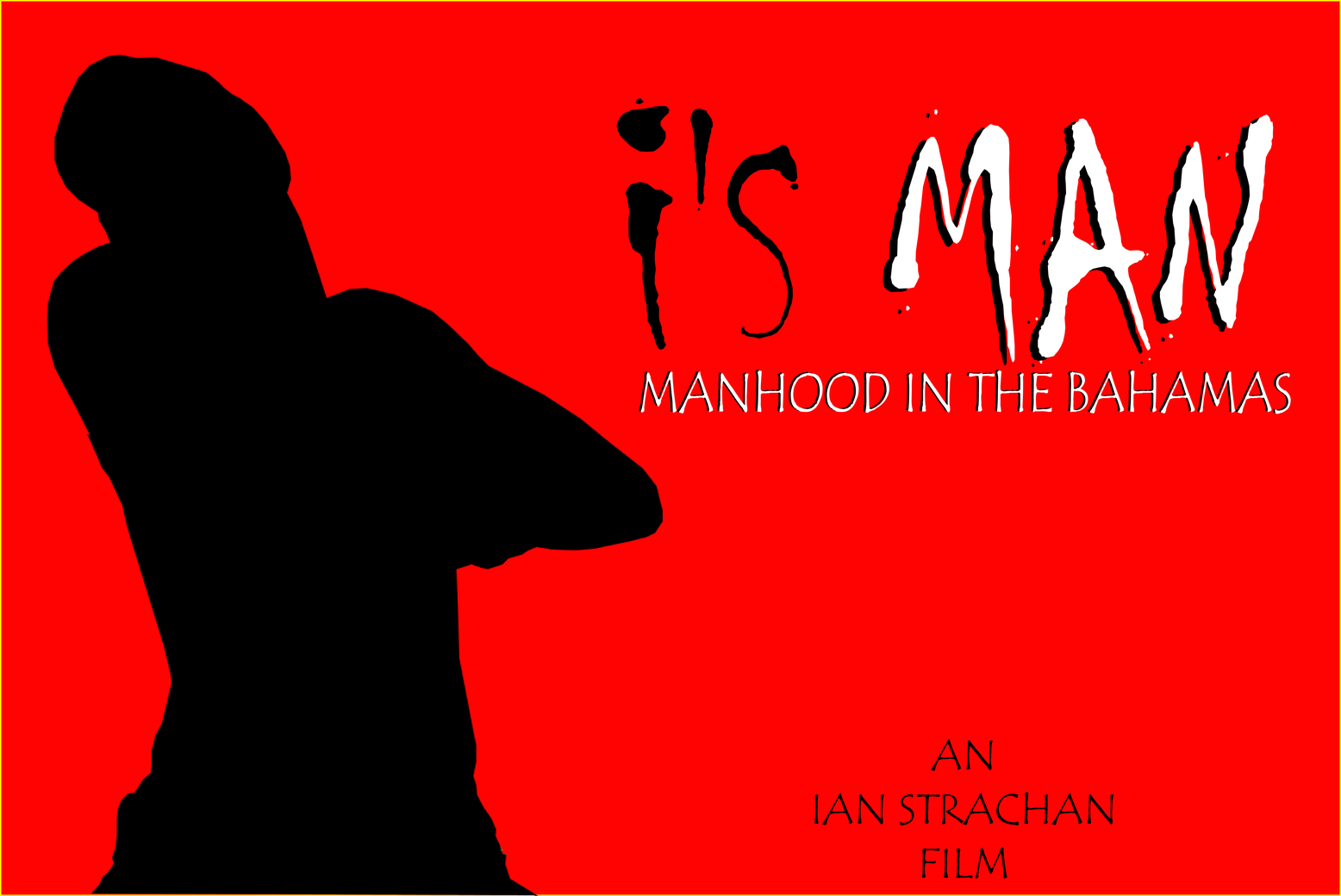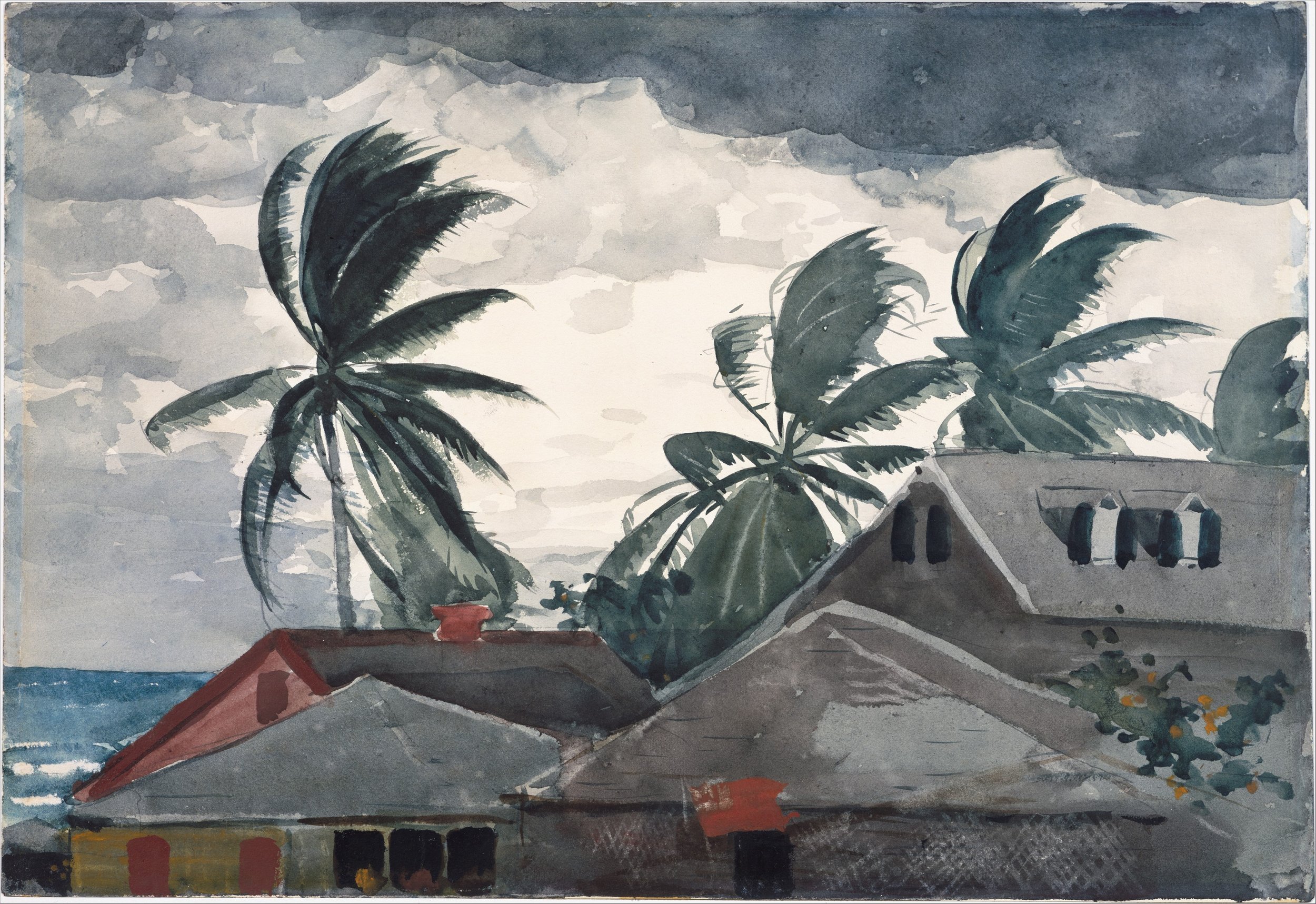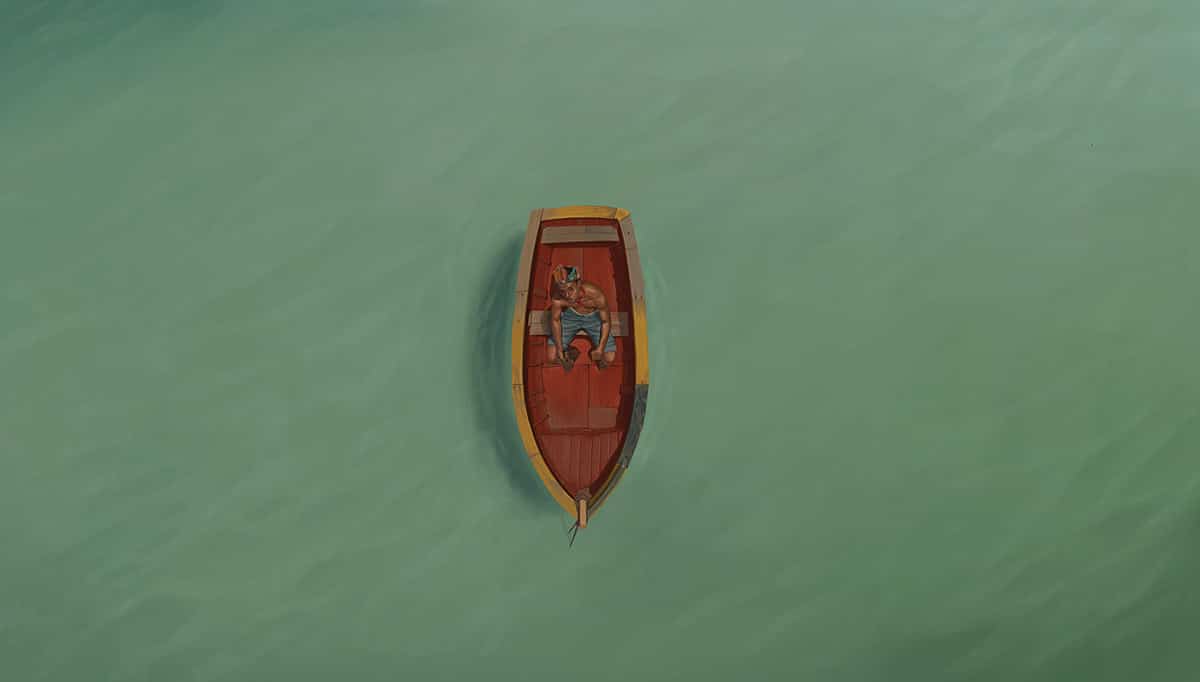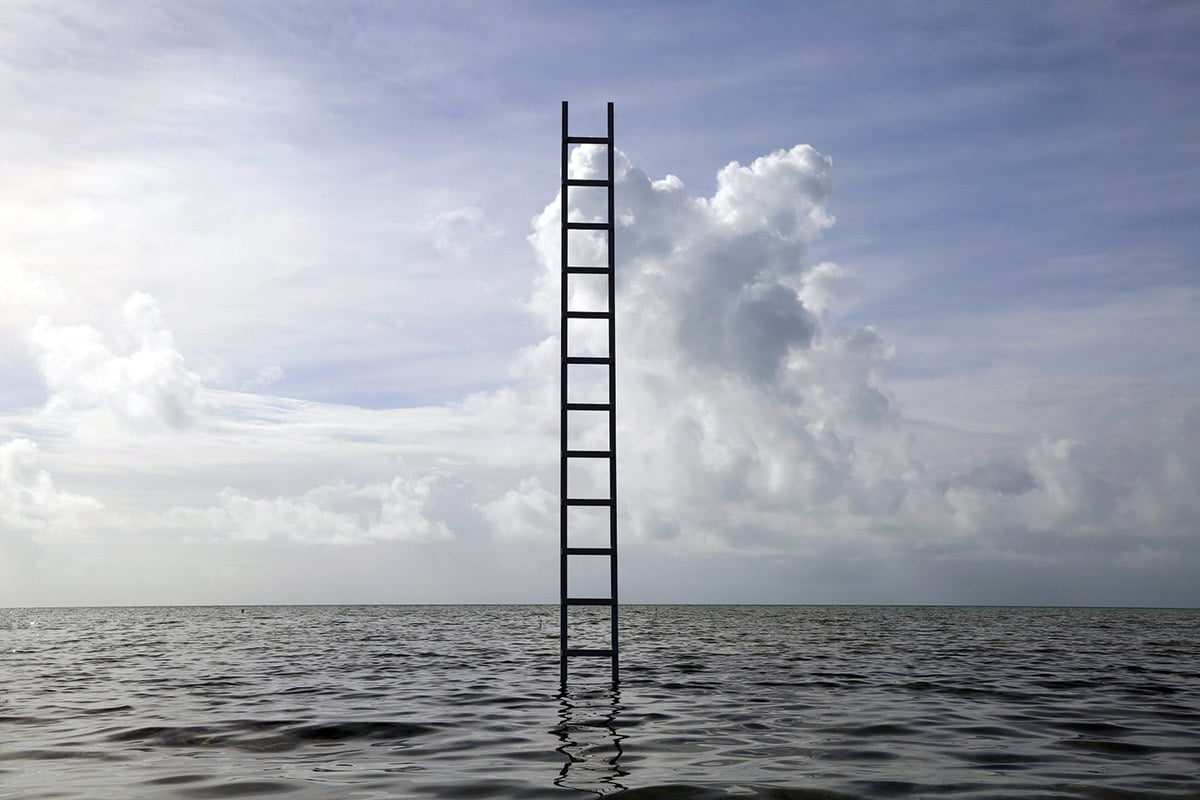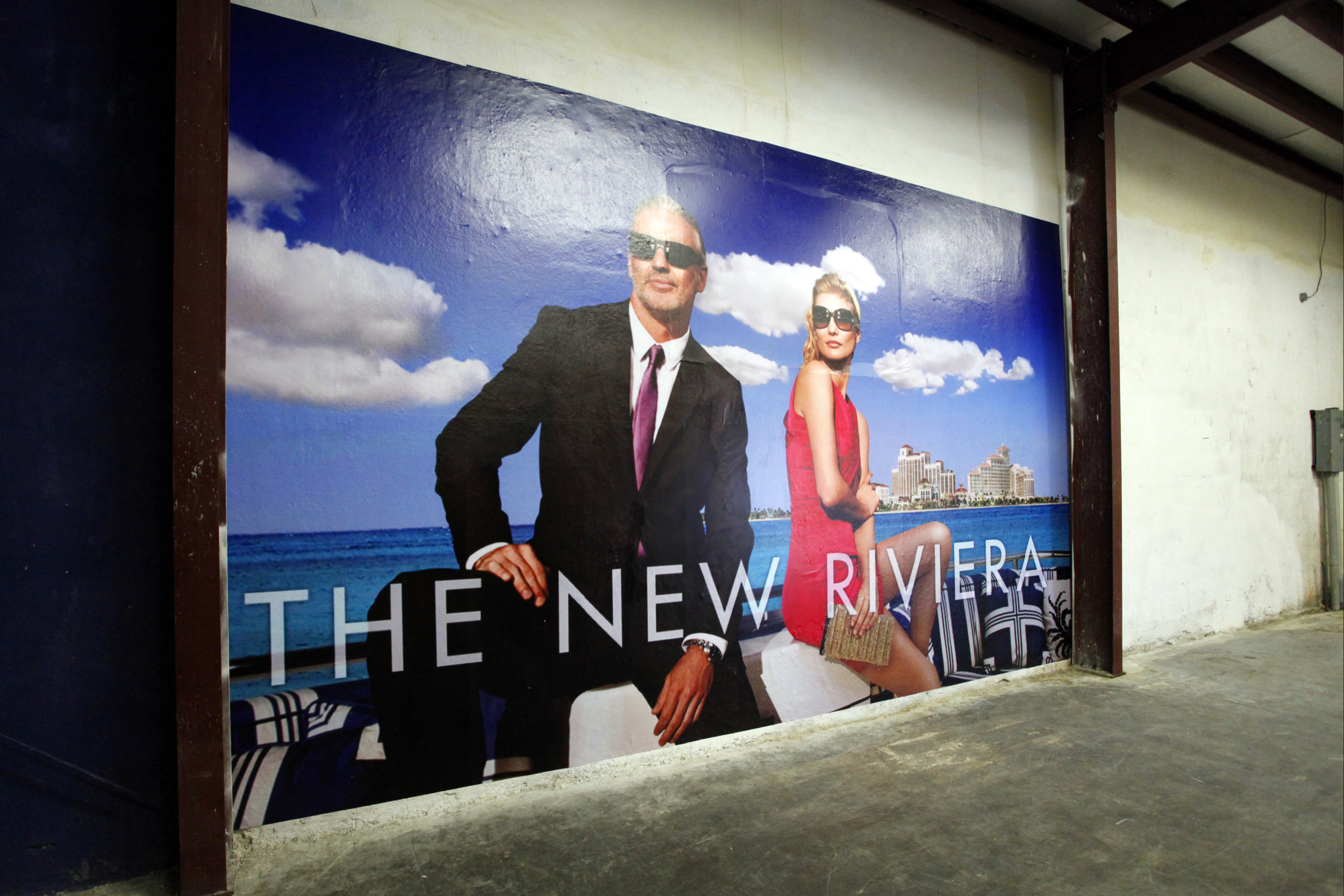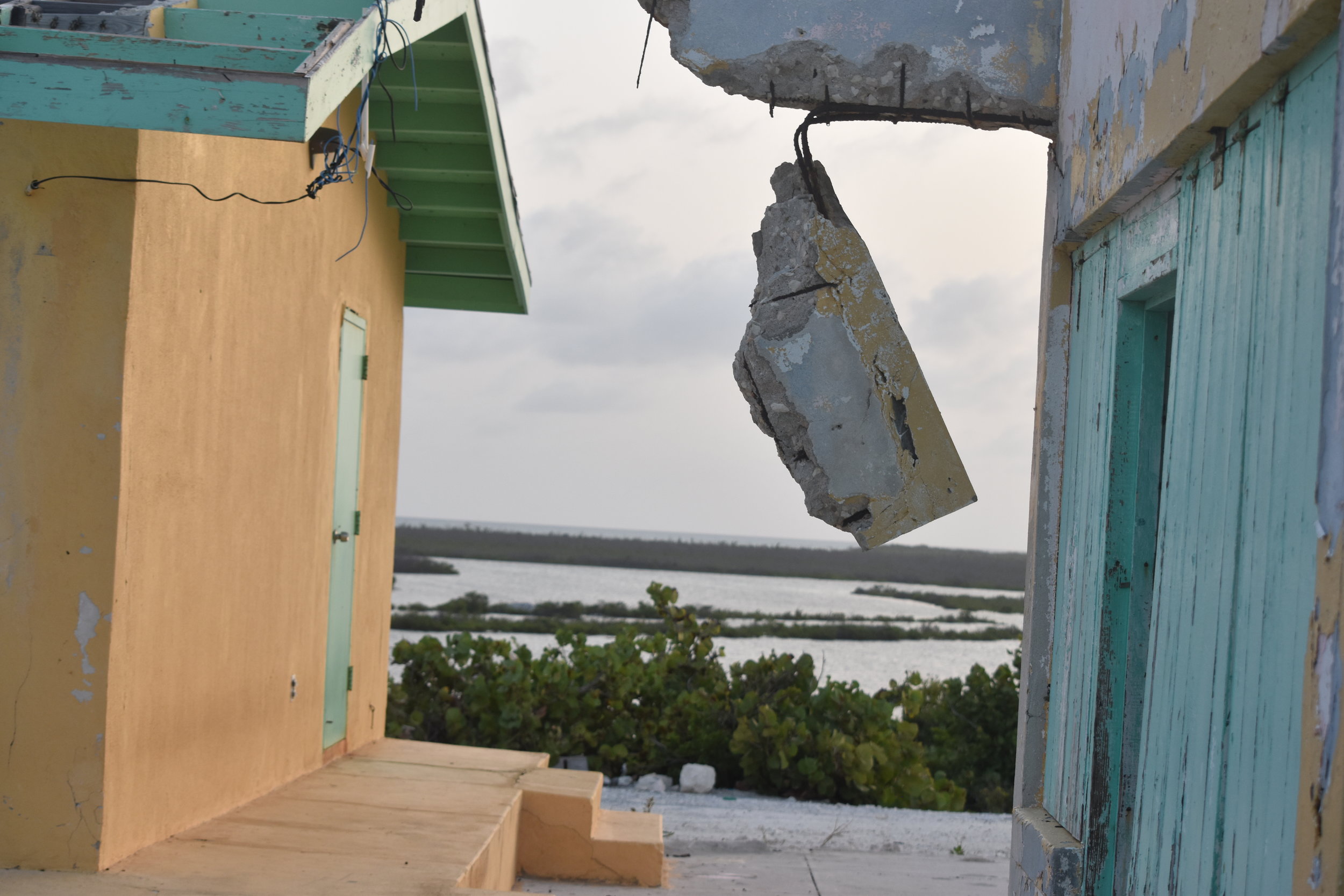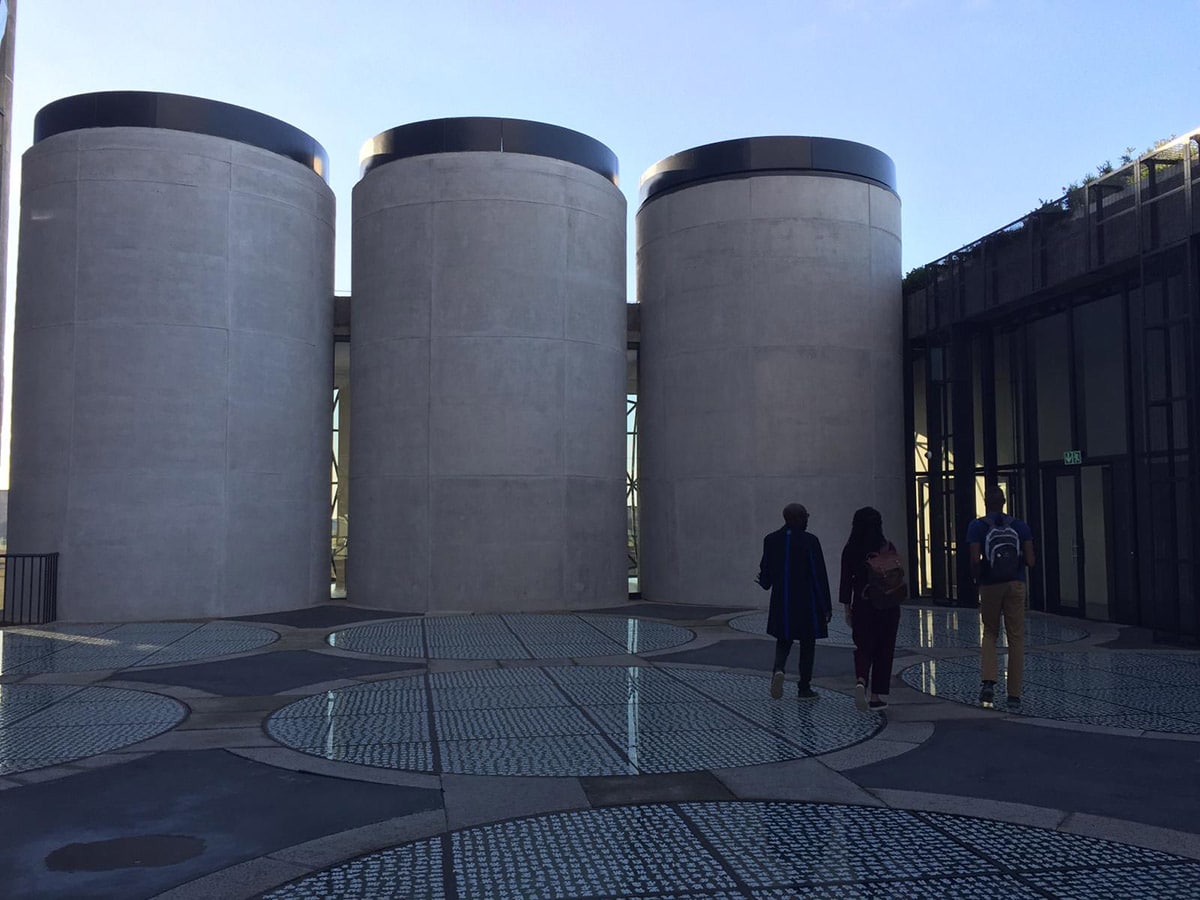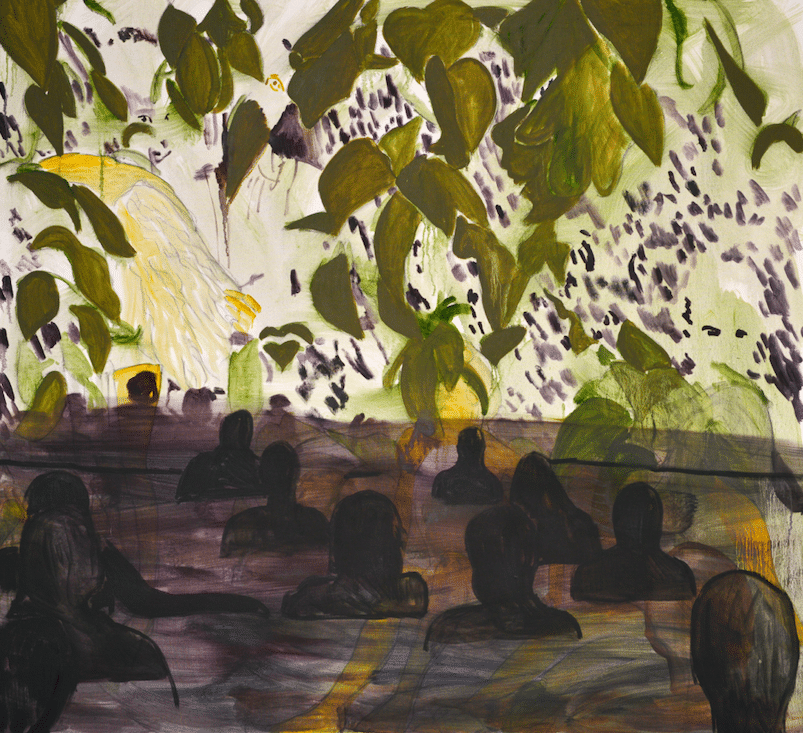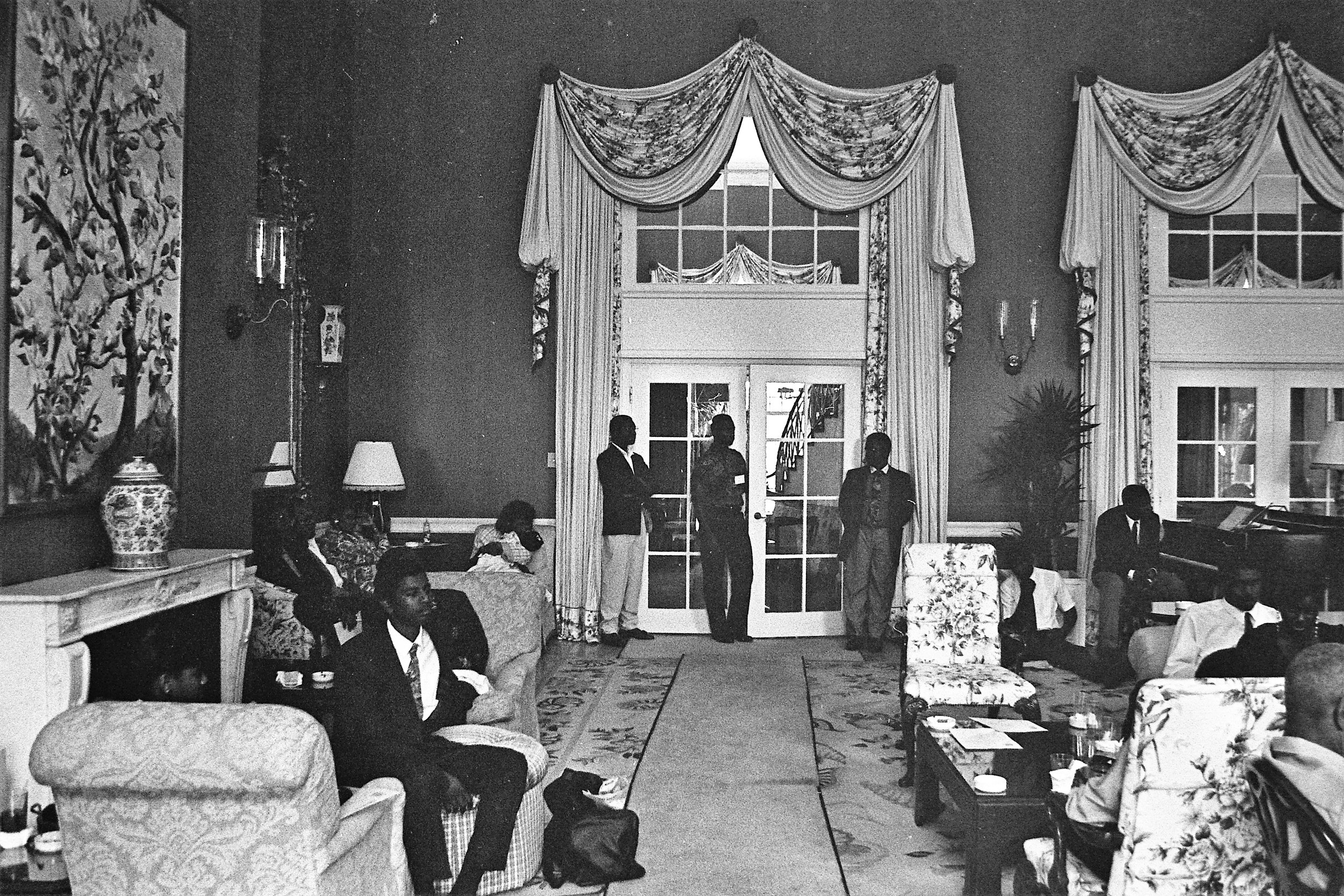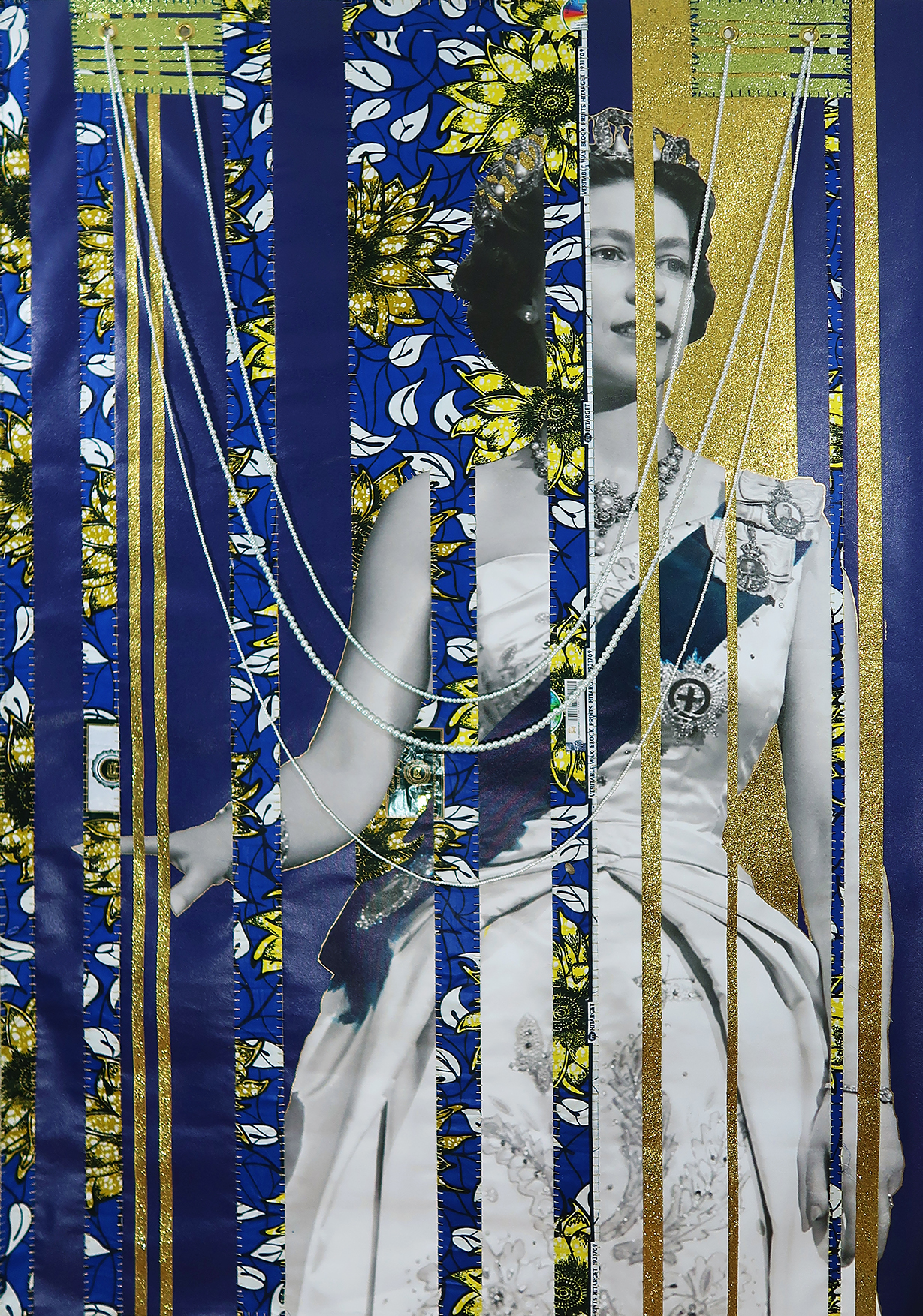By Dr Ian Bethell-Bennett, University of The Bahamas. English Social Sciences organised a screening and panel discussion of the film I’s Man at the University of The Bahamas on Wednesday, November 6th, at 6:00 p.m. The room was packed as students and faculty from sociology, psychology, English and the general public came out to discuss the current ‘man crisis’. The film captures perspectives from multiple angles that discuss the imagery of black masculinity and its descriptors from objectifying women in batty riders to murder for glory because of ego issues: the intersections of sexuality and socio-cultural and economic pressures conflate to conform to roles society perceives as normal and in turn normalises. If men do not consume women like that, something must be wrong with them. Much is documented in the film of the ways black masculinities are defined and controlled by a capitalistic, hegemonic racialised system that seeks to disempower through weaponised messaging and stereotyping. Meanwhile, the documentary reveals this underside.
All posts tagged: Ian Bethell-Bennett
Traditional Knowledge Living in the Tropics: Respecting Lifeways
As Dorian’s wake remains with us, do we have time to consider the indigenous, traditional knowledge of the Abacos? Abaco, similar to Inagua and Crooked Island in the south, and even Bimini in the North, has dealt with its share of natural disasters and man-made shocks. Its people are deeply connected to their lifeways and arts.
Climate Refugees: On Becoming Climate Refugees or Building Back Differently
We find now that the art of living in the tropics has continued and needs to be a sustained topic of a dynamically changing conversation: how do we retain life in the tropics, become refugees to climate change and flee the islands we inhabit?
Epistemic and Cultural Violence: Powercutting as Light
Anibal Quijano (31 May, 2019) and Toni Morrison (5 August, 2019) – two great thinkers have gone. Nicolette Bethel’s 1990 play, Powercut, produced and performed at the Dundas Centre for the Performing Arts, shows what happens in the dark. Nowadays, lights drop into darkness at least once a day for hours at a time. The violence of structures invisible to the naked colonised eye is only ever gossiped about. We are afraid to cease being what we are not, we do not know how to be who we are. It is the culture of violence and silence revealed through ‘discussions’ around tourism and prostitution, two interlocked economies of pleasure. The Victorian Bahamas avoids discussing these things in the same breath, yet the exoticisation and tropicalisation of space and place speaks to a reality of total erasure of self for what we are not, to pick up on Quijano’s statement. In “The Visual Life Of Social Affliction,” the upcoming Small Axe Project exhibition which opens at the NAGB on Thursday, August 22nd, we see what we are taught/made not to see; we see the violence of not seeing who we are and the trauma of being held in bondage through invisible structures. Powercut reveals a lot of the invisible structures, as do the works of recently departed thinkers Anibal Quijano and Toni Morrison.
The Visual Life Of Social Affliction: Structures of Violence in the Caribbean
Structural violence is rife and regionwide. At least we are here, even if we may be. In Bahamian artist Blue Curry’s “The New Riviera”(2014), we are not even here. This erasure of us from the scene is yet another form of unperceived structural violence, as we can also see in Curry’s “Nassau From Above” (2004).
Finding Our Voices: Resisting Violence and Oppression
By Dr Ian Bethell Bennett, The University of The Bahamas. “I could be bounded in a nutshell, and count myself a king of infinite space, were it not that I have bad dreams.” – Hamlet, II.ii. Is it a bad dream, a nightmare provoking somnambulance? We all think the best of green gentrification because we have been taught, in spite of the climate sceptics, we need to do something to improve our resilience. We are also told by the media that while people know about climate change and the havoc it plays in their neighbourhoods, jobs are more important because many of us are one paycheque away from poverty.
Designing for Space: Working with Possible Futures in Mind
By Dr Ian Bethell Bennett,The University of The Bahamas. Colonialism and coloniality in design occur when little is left of the past to remind us of the physical reality. On a recent trip to Cape Town, I had the pleasure of enjoying two spectacular spaces of art and design that showed how important it is to think through purpose and landscape and how the beauty of both can be made functional in the spaces created. I had the pleasure of stumbling into a nursery that doubled as an apparent antiquarian. The space was large and well-designed with room to breathe. Form and purpose combined with the art of design to speak to concepts of natural beauty, much like the wave design at the London Aquatic Centre at Stratford designed by Zaha Hadid especially for the 2012 Olympic games and constructed by Balfour Beaty; the perfect example of form, design and purpose merging and blurring lines of functionality and beauty.
Of Beauty, Community, and Healing
Considering culture: More than a smile
By Dr Ian Bethell-Bennett, The University of The Bahamas. The art of expression is as much a part of culture as is the art of weaving or straw work, yet we often overlook this. When someone says, “I ga beat you into next week,” the local colour is present, but the violent subtext is usually edited out. In Jamaican novelist, dramatist, critic, philosopher, and essayist Sylvia Wynter’s work “We must learn to sit down together and talk about a little culture” (Jamaica Journal, 1968) we see the commodification of art and culture. Yet, we have apparently progressed to the post-independence point where most pre-independence problems are ignored or cured by the shift. But the exploration of sitting down together demonstrates that we have not moved beyond the problems nor have they disappeared. Violence and violent dispossession remain realities, often ignored.
